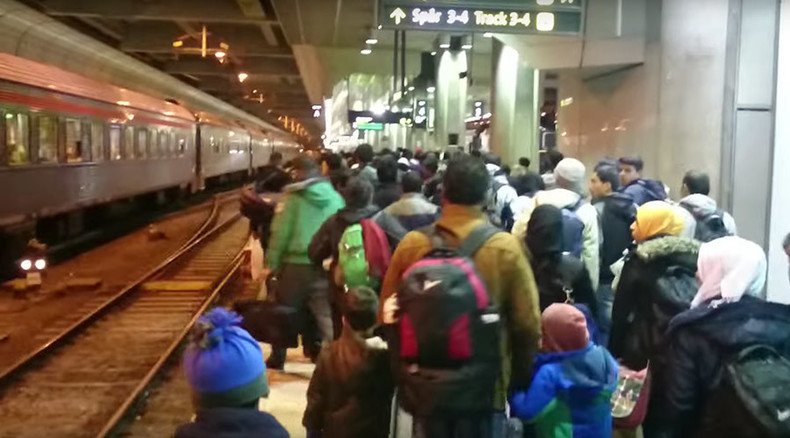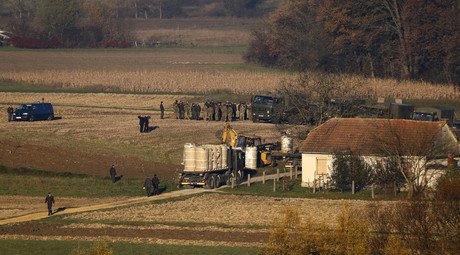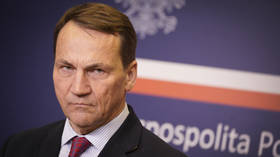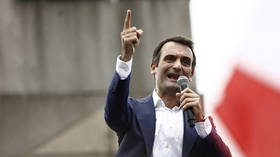Sweden imposes temporary border controls to deal with migrants

Sweden is introducing temporary border controls to halt the influx of refugees and to screen those trying to enter the country illegally. The 10-day closure, effective from Thursday at noon, was announced by the country’s interior minister, Anders Ygeman.
“A record number of refugees are arriving in Sweden. The migration office is under strong pressure... and the police believe there is a threat against public order,” Ygeman told a press conference.
Border controls, the minister believes, will “bring order” to the national asylum system. Ygeman mentioned the refugees will be given options to apply for asylum in Sweden or leave the country. Stockholm may consider extending the border controls for 20 days.
The restrictions will primarily affect the Oresund bridge where migrants cross from Denmark, as well as ferry ports in the south that receive vessels from Denmark and Germany. The government has already asked the ferry companies in Germany to check passengers’ IDs before they board boats bound for Sweden.
Sweden, which receives the most migrants per capita in the EU, says it has welcomed more than 120,000 people since January. By the end of the year, up to 190,000 asylum seekers are expected to reach the country, more than doubling the number who came in 2014, when the Scandinavian country received 81,000 refugees.
In light of this, the minister said that Sweden is the country that has taken “the greatest responsibility for the refugee crisis” and that other countries need to follow suit.
The moves to tighten its borders came as European and African leaders met in Malta to hammer out a joint strategy to deal with the biggest refugees crisis since World War II. About 140,000 of the nearly 800,000 migrants who have reached Europe by sea in 2015 came from Africa, according to figures from the International Organization of Migration.
Following the border closure, Fredrik Bengtsson, a spokesman for the Swedish Migration Agency, said that currently the authorities are struggling to deal with the influx.
Swedish migration officers have been picking people up by bus once they cross the border, before delivering them to government offices. But “once they get there, quite a lot don’t enter and get registered, but disappear,” Bengtsson said.
The communications director for the migration office, Mikael Hvinlund, stressed that border closure will offer asylum seekers better living conditions.
“People are forced to sleep in tents, in offices and in evacuation centres” normally used for natural disasters, Hvinlund said. “We are not fulfilling our mission, which is to offer a roof to everyone... Re-establishing border controls can help us.”
Last week, Stockholm urged the European Commission (EC) to arrange for some migrants to be moved to other EU states.
Sweden is the fourth country to re-establish border controls since the start of the migrant crisis this summer. In September, Germany, Austria, and Slovenia temporarily limited the free movement policy within the EU.
While Sweden moves ahead with its migration approach, Slovenia announced that a razor-wire fence is being erected along the border with Croatia to stem the flow of migrants.
Slovenia followed Hungary in sealing its borders last month. Following the move Slovenia became the epicenter of Balkan route for the thousands of migrants who are fleeing conflict in Africa and the Middle East.
LISTEN MORE:













